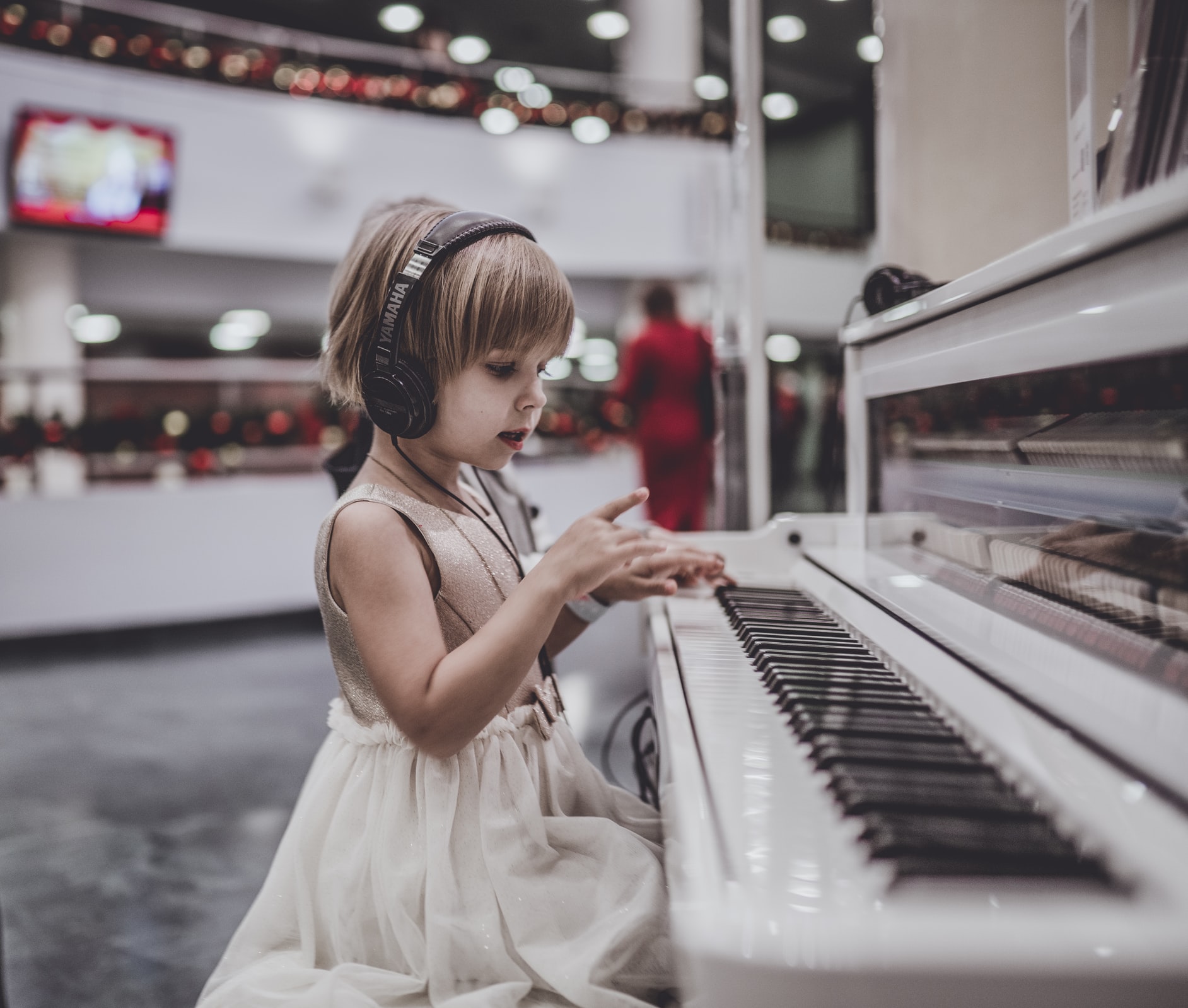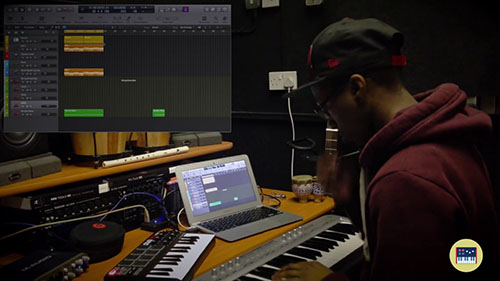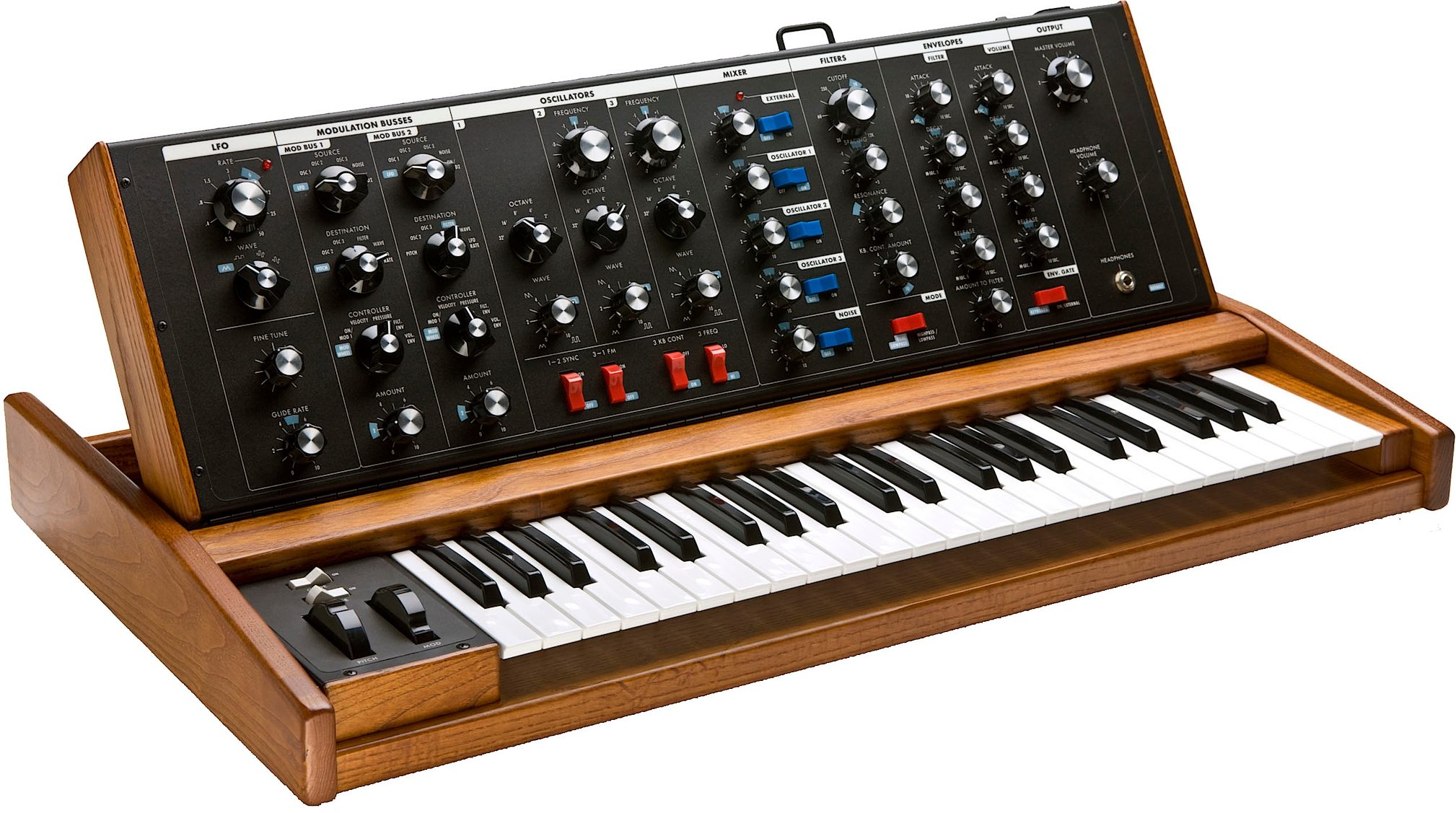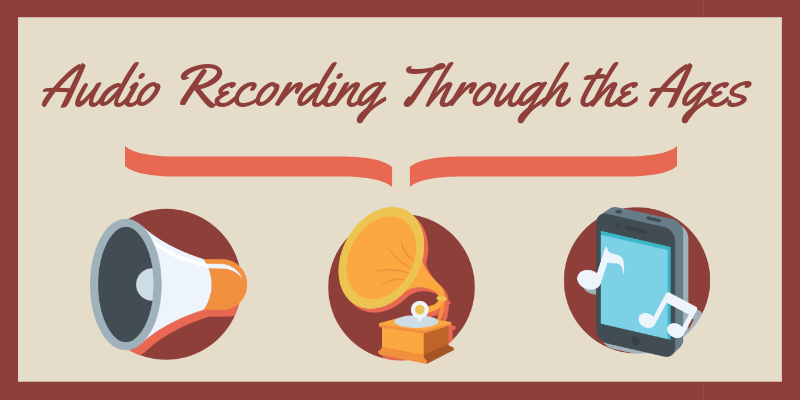Everybody loves music, be it any genre. Music lessons appeal to any age, regardless of social belonging. Even at the early stage in childhood, music has been a part of the learning process. Teachers teach them the benefits of music education through nursery rhymes, singing, and dancing. It makes the kids lively and interactive with each other, which is the primary goal of learning. It helps them build social skills, motor development, and intelligence.
One way to express their abilities, their emotions is through music. You can always predict on their actions how they appreciate music in their lives, making it a connection to the world. It is that feeling of belonging they wanted the world to see in them. Music will always be a part of kids’ learning and growing years.
The Impact of Music on Student Learning
Students get involved in music at an early age. They sing and dance, play musical instruments of their talent. Music is part of their voices to express. They would always want that chance to be recognized and be discovered using their abilities. Music helps them benefit to gain the learning of new words, speaking them properly and correctly. They can adapt to new languages by learning music from other parts of the world. It is so powerful that it makes them be acquainted with others to take part in any activities in school. It helps them be academically motivated as well by helping them ease the anxiety and fears as they go along the way through the years. The benefits of music education in children are extensive.
Music Stimulates Brain Development in Children
Music education is simply powerful to be a part of a child’s brain development. It helps them be guided in all areas of learning and growth. Improving motor (physical), social, emotional, language, communication skills, and cognitive skills. A child’s brain develops rapidly at an early stage from birth to the age of three.
Whatever a child sees and hears is directly absorbed by the brain. Although the brain develops by itself, it needs to be guided by adults to develop thinking that is healthy and complex. While music stimulates brain development, it should also be properly nourished with foods best for the brain. Brain-boosting food intake in a diet supports its long-term function.
The Benefits of Music Education When Teaching Discipline
Discipline is one most essential codes of rule every school implements for their students. It is not only the academics that should be the primary aim, but part of which is the discipline along with it. How music plays an important role in the children’s way of discipline is just amazing. By learning music, children help to develop their life goals. It leads them to gain that sense of pride in achievement and practice their self-discipline.
Playing an instrument is one great cognitive development booster to children. It helps them improve their memory by trying to learn the basics of playing musical instruments. Their self-discipline and self-motivation skills will keep them following their goals to learn and succeed. Also, their commitment, patience, and time management in their routine activities at school and at home. Music is best for discipline empowerment to children.
Kids Stay Engaged in School
Music subject is one good reason to divert a feeling of anxiety in academics in school. Students in music benefit from getting involved in music. Their social skills to take part in school activities develop in them that sense of responsibility. Music helps them also master their work when engaging with other musicians.
Kids love music because it makes them be engaged in school often. Music is an enjoyable subject for children. They love to sing, dance, and play instruments. Performance helps them also be coordinated to the society. They would always want to improve their work to be recognized. It makes them work better to gain achievements.
Music Builds Imagination, spatial Intellectual, and Curiosity
Introduction to music makes children think more creatively and productively. This fact is important when considering the benefits of music education in children. It fosters the aspect of a good mental attitude to think positively. Artistic music builds an imaginary framework to conquer fears from the real world. Children somehow experience that longing to be heard, their emotions are expressed in a way the society will never criticize. Because of their music engagement, children adopt that sense of freedom to explore their feelings.
When they sing, it stimulates the sense of human value just because they are being listened to. They would love to be applauded and be recognized. Children are naturally curious about things. They would always want to explore and experience what the world could offer. Being curious gives them the benefit to develop creative thinking of imagination. Music improves their intelligence functions and analytical skills.
Music Develops Social Skills in Children
Learning a musical instrument is also associated with improved social skills. In school, children join activities to enhance more of their social abilities. To be acquainted socially with others having the same music interest. They would always feel empowered and uplifted. It strengthens their thinking and feeling of empathy. Group performances make them feel better about themselves to achieve that sense of self-fulfillment. It helps them feel that sense of confidence, self-regulation, leadership, and social and emotional intelligence skills.
Music is basic, but a very important tool to boost a young spirit in children. An environment associated with music helps them to mold as talented people of society, possessing a positive outlook towards the reality of life.
Music Inspires Creativity
Learning music is not just how to sing, dance, and play musical instruments. It also inspires children to explore more of what lies ahead of the music. Their curious little minds make powerful and fascinating tools to be creative in their ways. They would want to engage in song writings, learn new instruments, promote recognition, and join other music arts.
Children are amazingly creative in their imaginations. They would make brilliant musicians and composers in the future. Their social inclination takes them to be introduced to a world of music. The combination of technical knowledge and abstracts makes an opportunity for children to experiment on their abilities. They would love to compose songs and produce music that suits best their generation. Children love to perform in the crowd and be given recognition.
Music also improves their exploration process, expression, and decision-making abilities. Adults also play an essential role in helping them build that creative development through encouragement and appreciation.
Additionally, children may be inspired to earn money when they grow up from passive streams of income. I discuss this earlier in the post “The Top Revenue Streams For Musicians”. Be sure to check it out!
Conclusion
Music education programs have been declining in recent years. That being said, learning to play music has a significant role in our children’s daily lives. We are the music. From early childhood, music plays everywhere, anywhere. Music in the air affects our feelings and outlook towards life. Children love music as much as adults do. It helps them create that simple connection to the world and society. They sing to express and to be heard. It helps them in their growing years to progress by keeping them develop the aspects of life.
The body and mind are combined to work together to gain the best learning process. Children are the best of what the future may hold in society. They would serve as the great achievers of our music industry. In the future, children will have another contributing factor in the future generations. Music is indeed part of life that shapes our children and the world.








